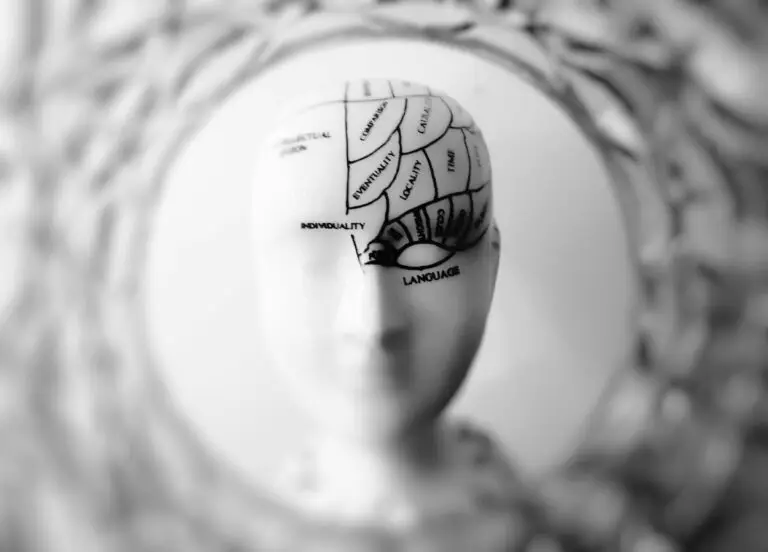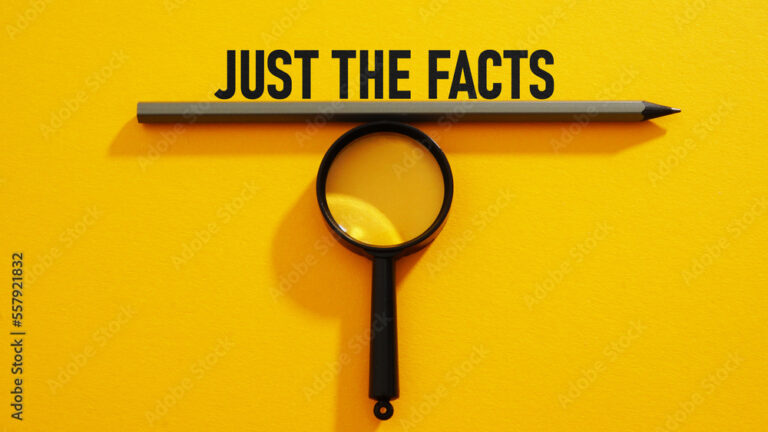Why Multitasking Is Slowing You Down
Why Multitasking Is Slowing You Down
Introduction: The Myth of Multitasking
Multitasking often feels like a superpower, doesn’t it? You’re answering emails, cooking dinner, and mentally planning tomorrow’s meeting—all at once. It seems productive, even heroic. But here’s the kicker: multitasking isn’t the productivity hack we think it is. In fact, research shows that it’s actually a recipe for inefficiency, mistakes, and burnout.
In this post, we’ll uncover the truth about multitasking, explain why it’s slowing you down, and share actionable strategies to reclaim your focus. Ready to learn why doing less is actually the secret to doing more? Let’s dive in.
What Is Multitasking, Really?
First, let’s clear something up: multitasking isn’t about actually doing multiple things simultaneously. It’s about switching rapidly between tasks. Think of it like flipping through different TV channels. Your brain toggles between tasks, which creates the illusion of doing everything at once—but in reality, you’re just dividing your attention into smaller and smaller slices.
Types of Multitasking:
- Task-Switching: Moving between two or more tasks without finishing one first. For example, writing an email while checking your phone.
- Dual-Tasking: Attempting to perform two activities at the same time, like listening to a podcast while reading a report.
And spoiler alert: both of these take a toll on your brain’s performance.
Why Multitasking Is Slowing You Down
1. Your Brain Isn’t Built for Multitasking
Did you know your brain has a “bottleneck” when processing information? Neuroscience tells us that our brains can only focus on one cognitive task at a time. When you switch between tasks, your brain has to pause, refocus, and restart. This process is called task-switching cost—and it’s more draining than you think.
Research Says:
- A study from the University of California, Irvine found that it takes an average of 23 minutes and 15 seconds to refocus after an interruption.
- Multitasking reduces productivity by up to 40%, according to the American Psychological Association.
So, when you think you’re “multitasking,” you’re really just taking longer to complete tasks with less accuracy.
2. It Creates More Mistakes
Ever tried texting and walking, only to realize you nearly bumped into someone? That’s multitasking at work. Dividing your attention reduces your brain’s ability to process information deeply. As a result, errors creep in.
- In the workplace: Multitasking leads to sloppy emails, missed deadlines, and miscommunications.
- In your personal life: It can make you forget crucial details, like leaving the stove on or forgetting someone’s birthday.
Mistakes = wasted time correcting them, which means you’re falling even further behind.
3. It Increases Stress and Mental Fatigue
When your brain constantly jumps between tasks, it burns energy faster. Imagine opening 20 tabs on your browser—eventually, your computer slows down. The same thing happens to your brain. Over time, this leads to stress, fatigue, and even burnout.
- Multitaskers are more likely to feel overwhelmed.
- Chronic multitasking has been linked to higher levels of cortisol (the stress hormone).
Bottom line? Multitasking might feel productive, but it’s really draining your mental battery.
4. You’re Not as Present or Engaged
Here’s a harsh truth: multitasking steals your ability to be fully present. Whether it’s listening to a loved one or attending a meeting, splitting your attention makes you miss important moments.
For example:
- Scrolling through Instagram while “watching” a webinar means you’re absorbing neither.
- Writing a report while chatting with a friend? You might miss the report’s key details and your friend’s story.
When you multitask, you’re physically there but mentally scattered—and it shows.
How to Break Free From Multitasking
1. Embrace Single-Tasking
The antidote to multitasking? Focusing on one thing at a time. Known as “single-tasking,” this approach allows your brain to fully engage with the task at hand, boosting both quality and speed.
Try This:
- Use the Pomodoro Technique: Work for 25 minutes on one task, then take a 5-minute break.
- Block out distractions: Turn off notifications and set your phone to “Do Not Disturb.”
2. Prioritize Your To-Do List
Not all tasks are created equal. Use tools like Eisenhower’s Matrix to categorize your tasks by urgency and importance. Focus on what truly matters and save less critical tasks for later.
3. Set Clear Boundaries
If you’re working on an important task, let others know you’re unavailable. For example, wear noise-canceling headphones or set specific “focus hours” during the day.
4. Practice Mindfulness
Mindfulness isn’t just for meditation—it’s a powerful productivity tool. When you focus on the present moment, you’re less likely to get distracted.
Tips to Practice Mindfulness:
- Start your day with 5 minutes of deep breathing.
- During tasks, remind yourself to “be here now” when your mind starts wandering.
The Surprising Benefits of Ditching Multitasking
When you trade multitasking for focused attention, you’ll notice some game-changing benefits:
- Faster Task Completion: Single-tasking helps you finish projects quicker without sacrificing quality.
- Better Memory: By focusing fully, you’ll retain more information and reduce the need to constantly revisit things.
- Improved Relationships: Being present strengthens your connections with friends, family, and coworkers.
- Reduced Stress: Less mental clutter means a calmer, clearer mind.
FAQs
Q: Isn’t multitasking a necessary skill in today’s world?
A: Not really. While some professions require occasional multitasking, focusing on one task at a time is almost always more efficient.
Q: Can I train my brain to multitask better?
A: Nope—your brain’s limitations are hardwired. Instead of training yourself to multitask, train yourself to focus.
Q: What’s the difference between multitasking and multitasking efficiently?
A: “Efficient multitasking” is usually a myth. Most tasks require deep focus, and splitting your attention reduces effectiveness.
Final Thoughts: Focus Is the New Superpower
Multitasking may feel productive, but it’s actually slowing you down, draining your energy, and increasing stress. By embracing single-tasking, prioritizing tasks, and practicing mindfulness, you’ll not only get more done—you’ll do it better.
So, the next time you’re tempted to juggle tasks, ask yourself: “Is this really helping me, or just keeping me busy?” Remember, focus isn’t a luxury—it’s the secret weapon of the truly productive.
Your turn: What’s one thing you can focus on today?







